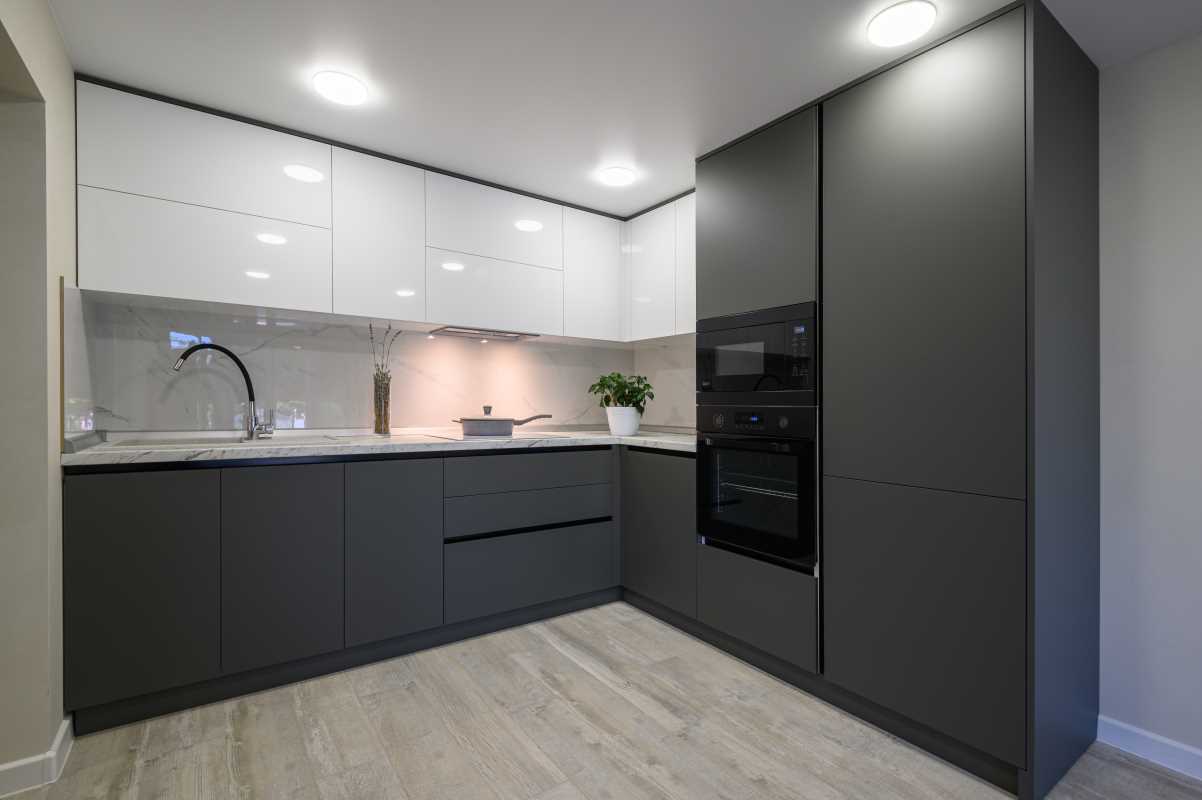As technology continues to shape our daily lives, it’s transforming how we interact with gadgets and how we furnish and utilize our living spaces. One of the most innovative trends in home design is the rise of customizable smart furniture. These pieces of furniture not only enhance the functionality and comfort of a space but also integrate with other smart technologies to create more efficient, personalized living environments. From ergonomic desks to multi-functional couches, customizable smart furniture revolutionizes modern living. In this article, we’ll explore how these innovations improve comfort, save space, and add convenience to homes, particularly the living room and kitchen.
The Rise of Customizable Smart Furniture
Smart furniture is a blend of technology and design that allows users to tailor furniture to suit their specific needs. This furniture can be adjusted to meet the user’s preferences, whether it’s a desk that moves with your work routine or a kitchen table that adapts to your cooking style. Integrating technology such as motion sensors, motors, and app-controlled features makes these pieces versatile and user-friendly.
Enhancing Comfort and Health
Customizable smart furniture provides numerous health benefits, particularly in spaces where we spend a lot of time, such as the office or kitchen. In the kitchen, ergonomics and comfort are key to preventing strain and injury, especially with long hours spent cooking or standing at counters.
- Ergonomic Kitchen Stations: Customizable smart countertops can be adjusted to different heights, ensuring comfortable working positions while preparing meals. This is especially beneficial for those who spend long hours cooking or baking, as it reduces the risk of back and neck strain. Adjustable counters can also help with specific tasks, such as kneading dough or chopping vegetables, making it easier to perform activities that require bending over a counter.
- Ergonomic Chairs for Dining: Smart chairs are evolving to provide better support and comfort in the living room and dining areas. Chairs equipped with sensors can monitor posture, offering real-time feedback to users to prevent slouching or improper sitting. Some even come with massaging features to relieve tension after long hours of work or meals, whether at the desk or dining table.
By integrating ergonomic principles and customizable features, smart furniture helps improve both comfort and physical well-being in the kitchen and living areas.
Multi-functional and Space-Saving Designs
With space at a premium in many homes, especially in urban areas, customizable smart furniture is designed to maximize the functionality of every square inch. Furniture that adapts to various needs is becoming increasingly popular for home design, particularly in compact spaces like living rooms.
- Modular Living Room Furniture: Modular sofas and entertainment units that can be reconfigured allow homeowners to make the most of their living rooms. These pieces can be customized to fit different layouts and purposes, such as creating a larger seating area when hosting guests or a more compact arrangement for everyday use.
- Hidden Storage Solutions: In both kitchens and living rooms, furniture pieces are designed to incorporate hidden storage. For instance, coffee tables with built-in drawers or couches with compartments for blankets or electronics help keep spaces organized and clutter-free. In the kitchen, smart cabinets with motion sensors can open automatically, providing easy access to pots, pans, and utensils without touching handles, making them ideal for multi-tasking or cooking with messy hands.
These multifunctional, space-saving designs ensure that every piece of furniture serves a purpose while minimizing clutter and optimizing space.
Integration with Smart Home Systems
One of the most exciting aspects of customizable smart furniture is its integration with other smart home technologies. Whether it’s a living room sofa that syncs with your smart lighting system or a kitchen table that adjusts temperature settings, these furniture pieces make everyday life more efficient and convenient.
- Smart Kitchen Appliances: Customizable smart kitchens include appliances such as refrigerators, ovens, and dishwashers that connect to your home’s network, allowing you to control them via smartphone apps or voice assistants. For example, smart refrigerators can track expiration dates, suggest recipes based on available ingredients, and alert users when it's time to restock. Some even have touchscreens built into the door to display recipes, grocery lists, and weather updates.
- Voice-Activated Furniture: Many smart furniture pieces, such as adjustable desks, beds, and chairs, now come with voice-control capabilities. You can simply ask a voice assistant like Amazon Alexa or Google Assistant to adjust the height of your desk or change the lighting around your smart sofa. This can mean adjusting the lighting or controlling appliances hands-free while cooking in the kitchen.
- Wireless Charging: Many smart furniture pieces have integrated wireless charging pads, particularly in dining tables, nightstands, and kitchen counters. This eliminates the need for extra wires or charging stations, keeping spaces organized and making it easy to keep your devices charged while you go about your daily activities.
Sustainable and Energy-Efficient Furniture
As more people become environmentally conscious, the demand for sustainable furniture has risen. Many manufacturers are now incorporating eco-friendly materials and energy-efficient technologies into their smart furniture designs.
- Sustainable Materials: Customizable smart furniture often uses sustainable materials such as recycled wood, bamboo, and eco-friendly fabrics. These materials have a lower environmental impact and contribute to reducing waste. Some brands are even working to ensure that their products are designed for easy disassembly, making recycling simpler when the furniture reaches the end of its life.
- Energy Efficiency: Many smart furniture pieces, such as adjustable desks or beds with heating features, are designed with energy efficiency in mind. For example, smart tables with integrated heating for warming up meals only activate when the table detects the presence of someone nearby, saving power when not in use.
- Durability: Customizable smart furniture is often built to last longer than traditional furniture. With its innovative design, modular functionality, and high-quality materials, it’s less likely to need replacement over time, which can help reduce waste and extend the lifespan of products.







